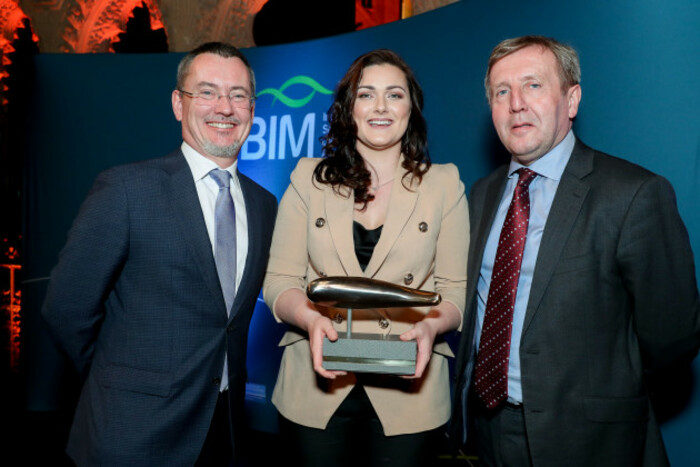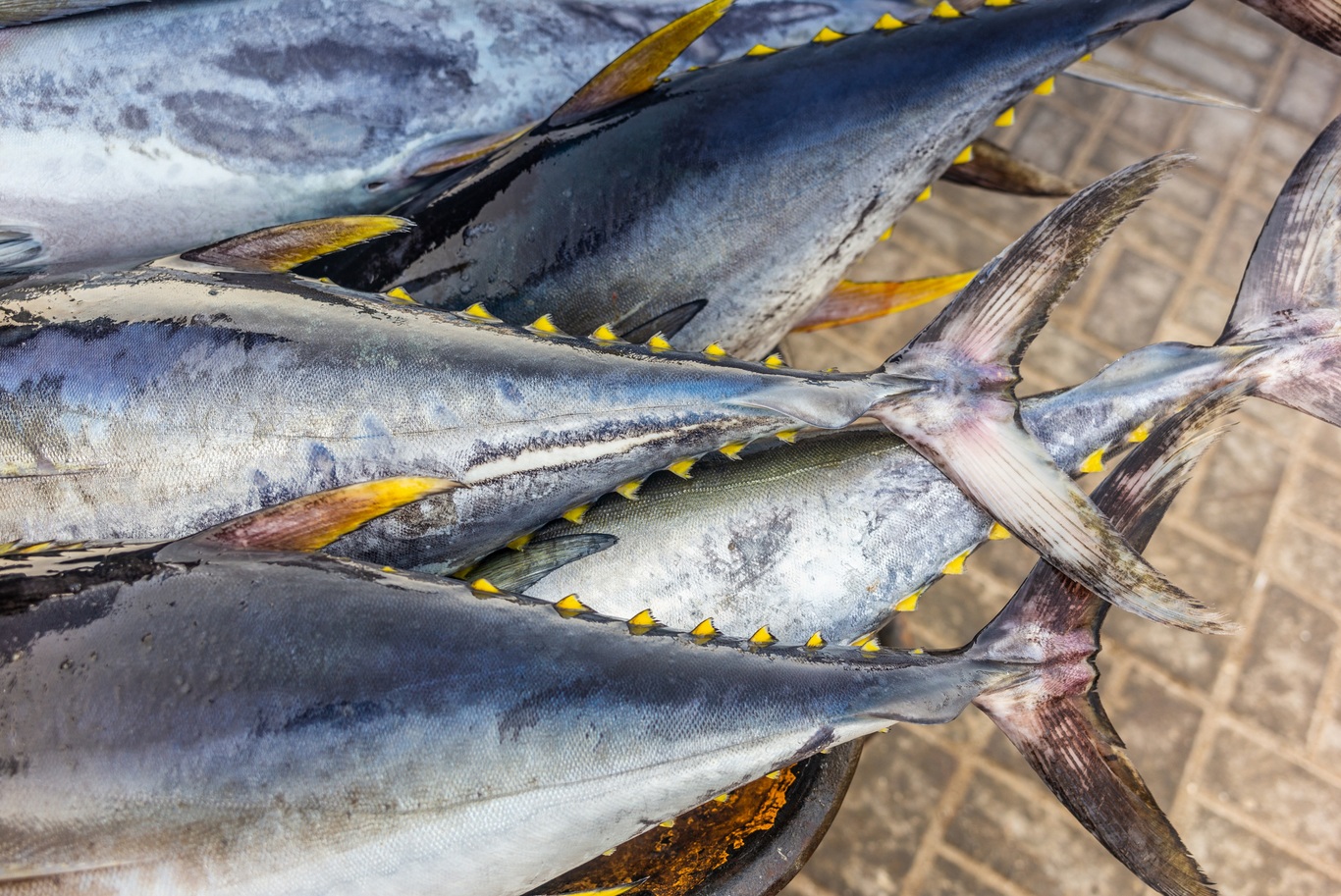How Aqualicense wants to help marine firms navigate paperwork tsunamis
As part of our weekly Startup Spotlight series, we profile the Wicklow company.
KATE DEMPSEY STUDIED law but grew up in a fishing family in Arklow and decided to return to her roots with a new business in the marine space.
“I wanted to increase activity in the fishing community that I live in,” she says.
This threw her headfirst into the challenges and costs that aquaculture businesses face in getting off the ground, specifically around licensing.
She says her company, Irish Mussel Seed Company, which developed systems for harvesting mussels, spent the better part of 10 years securing the correct paperwork.
“The aquaculture licensing process is extremely lengthy so it led me to solve that problem,” she says.
The result is her latest venture, Aqualicense, a startup that is developing software for managing aquaculture licence applications and all the moving parts involved.
The aquaculture licensing process can be fraught with bureaucracy and administrative issues that can hold up and delay the application.
“All of that takes a long time,” she says. The Department of Agriculture is responsible for applications in Ireland and the nitty-gritty of applications can vary from country to country.
“The process at the moment is you submit your licence application and the relevant department comes back and asks for further information,” she explains.
“This happens again and again and again. It’s having all of that information in from the start, knowing what’s expected and reducing, hopefully, the time through that process.”
Firms are required to review every aspect of their business and the impact it might have on the environment around it.
“As well as that, you have to make sure that you’re compliant with regulation and legislation which is mounting all of the time, from Europe and national legislation.”
Solution
With her own experience in mind and her legal experience in hand, Dempsey set about building a platform that uses new technology like artificial intelligence.
Every business is unique and each application is never going to be the same, she says.
“We’ve identified areas that we can improve upon in terms of process.”
It is using artificial intelligence and machine learning to make sense of the information, such as environmental impact data, which needs to be collated for a successful application.
“All of these things culminate together to form what we call smart licences, making sure that you cover all of the aspects that are required at a European regulation level.”
 Kate Dempsey
Kate Dempsey
The tech could be used to manage certain aspects of the application or for the entire application.
“We (forecast) what might stall their licence application and make sure that when they develop their plan for their aquaculture site that they take that into account.”
Quicker applications means quicker routes to production, she explains, which will help reduce costs.
“(Aqualicense wants) to ensure that they’re using the best data available,” Dempsey says.
“It means when you have more of an understanding of the environment you’re in, it means you can plan around that and make sure that you’re taking care of everything that you should have taken into account.”
Testing
Aqualicense is less than a year into operations but is now working with three companies.
“We’re building our tech to be able to deliver these licence applications regardless of what sector they’re in,” Dempsey says.
For now it’s keeping an aquaculture focus to build its use cases and test the product with these companies.
The next challenge for the startup is measuring how effective its tech is and how it should price its offering accordingly.
“Really the test will be time. The test will be how quickly is it progressed through the department.”
It recently joined the NDRC accelerator, securing €100,000 in funding in the process. The six-month programme will help the company in honing the tech it is developing.
The startup is also taking part in a workshop in Dublin organised by Hatch, an accelerator programme for marine and aquaculture startups, that previously ran a programme in Cork.
Its programmes try to bridge gaps between traditional fishing and marines businesses and the tech sector.
“There are people in that space who are really trying to get businesses off the ground. It’s quite difficult. In terms of funding, it straddles two areas,” Dempsey says.
“Obviously tech is Enterprise Ireland but there’s also aquaculture and it’s difficult to get funding for something that doesn’t really fit in a box and that’s where we are with aquaculture tech right now.”
(Clarification: The piece was amended to clarify that Kate Dempsey studied law.)
Get our Daily Briefing with the morning’s most important headlines for innovative Irish businesses.







